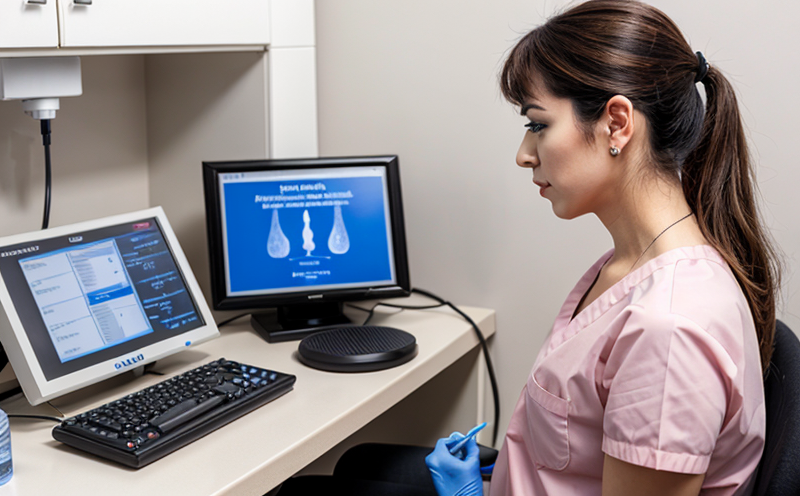Progesterone Testing in Mare Reproduction Monitoring
The monitoring of progesterone levels is a critical component in mare reproduction management. Progesterone, a steroid hormone produced by the corpus luteum during pregnancy, plays a pivotal role in maintaining gestation and supporting fetal development. In equine reproduction, accurate measurement and interpretation of progesterone levels are essential to ensure successful breeding outcomes.
Progesterone testing involves the collection of blood samples from pregnant mares at regular intervals. These samples are then analyzed using sensitive immunoassay techniques to quantify progesterone concentrations. The test results provide valuable insights into the functional status of the corpus luteum and help identify potential reproductive issues early.
The accuracy and reliability of progesterone testing are underpinned by strict adherence to standard operating procedures (SOPs). SOPs ensure that all samples are handled, stored, and processed consistently. This consistency is crucial for obtaining reproducible results and accurate interpretations. Compliance with international standards such as ISO 15189 and EN ISO/IEC 17025 ensures the laboratory maintains high-quality testing practices.
Understanding the normal ranges of progesterone levels in pregnant mares is essential for interpreting test results correctly. Normal progesterone concentrations vary depending on gestational age, with higher levels observed during early pregnancy and lower levels towards term. Deviations from these norms can indicate problems such as luteal insufficiency or incomplete luteolysis.
Progesterone testing is typically performed using immunoassay methods, which offer high sensitivity and specificity for detecting progesterone in equine serum samples. These tests are standardized against reference materials to ensure consistent results across different laboratories. The use of automated analyzers further enhances the precision and efficiency of these tests.
The interpretation of progesterone test results is complex and requires a thorough understanding of reproductive physiology. Abnormal patterns may suggest various conditions, including luteal insufficiency or uterine pathologies. Early detection of such issues allows for timely intervention, improving the chances of successful pregnancy outcomes.
Benefits
- Enhanced reproductive performance: Monitoring progesterone levels helps identify and address potential reproductive challenges early.
- Improved breeding success rates: Early detection of luteal insufficiency or other issues can lead to better management strategies, increasing the likelihood of successful pregnancies.
- Reduced veterinary costs: Timely intervention based on progesterone test results can prevent costly complications later in pregnancy.
- Promotion of animal welfare: Ensuring optimal reproductive health contributes to the well-being and longevity of the mare population.
Eurolab Advantages
At Eurolab, we pride ourselves on offering comprehensive and reliable progesterone testing services tailored specifically for equine reproduction monitoring. Our state-of-the-art facilities are equipped with the latest immunoassay equipment, ensuring accurate and precise results. Compliance with international standards such as ISO 15189 and EN ISO/IEC 17025 guarantees the highest level of quality in our testing processes.
Our team of highly skilled professionals is dedicated to providing exceptional service, offering detailed reports that include comprehensive interpretations based on established criteria. This approach ensures that you receive actionable insights into your mare's reproductive health, enabling informed decision-making.
Why Choose This Test
- Accurate and reliable results obtained through standardized procedures.
- Use of advanced immunoassay techniques for precise measurement.
- Compliance with international standards ensuring consistent quality.
- Detailed reports providing clear interpretations of the test results.
- Expert support from our team of reproductive specialists to guide you through the process and implications of your test results.





